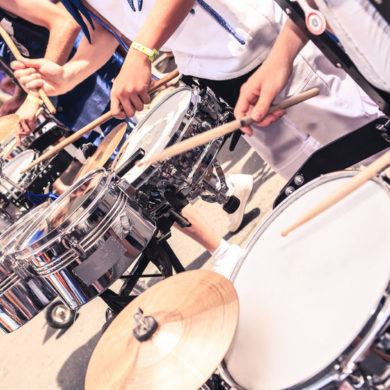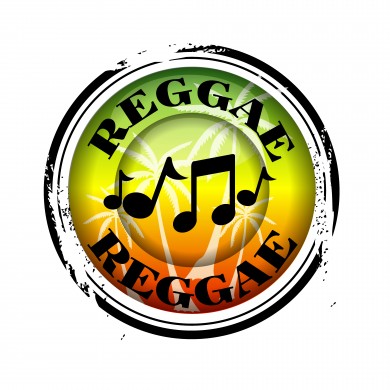The Brazilian version of rap offers a surprising mix of exoticism and a crude description of the social misery created by economic and social inequalities.
Highly committed and engaged, this form of contemporary Brazilian music uses life in the favelas as a source of inspiration. Taking multiple forms, Brazilian Hip – Hop songs borrow both traditional rhythms (samba …) and more modern ones (funk, rock …).

A rap scene born in the big cities of the south
Appearing around 1980 in the disadvantaged neighborhoods of São Paulo, rap is closely linked to the rediscovery of African-American sounds. The São Bento metro station and the Galleria 24 hosted the first exchanges between MCs before groups from Rio de Janeiro, Brasilia and Nordeste accompanied the development of the movement.
The latter took the protest line of the original funk, criticizing in particular the open-air confinement that constitutes the favelas. Tracks with “unvarnished flow” met an unequal success and remained limited until 1992 to the margins of the contemporary scene.
Contemporary music with an array of sounds
The growing popularity of “Brazilian-style” rap in the 1990s and 2000s is largely due to its musical mutation. Historical groups such as Racionais MC’s claim “pure” titles with domineering beats often without lyrics, other performers do not hesitate to put their messages on less conventional rhythms.
Planet Hemp’s drift towards punk rock, the combination of Criolo’s flows with funk and soul orchestrations or Marcelo D2’s samba and rap mix constitute the most emblematic examples of this typically Brazilian infusion, this time of sound.
Economic inequality and racial discrimination, the roots of South American hip-hop
As in other Latin American countries, Brazilian rap is committed to pointing the finger at the hypocrisy of society. Its most common themes are poverty, racism, drugs and police violence.





